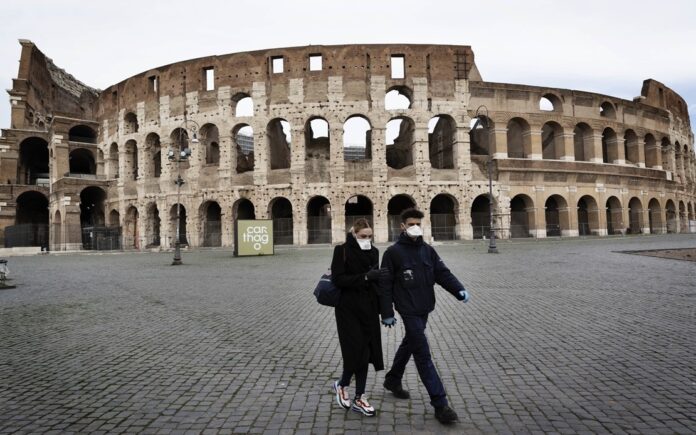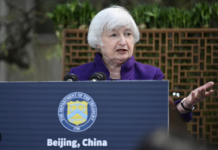ROME, June 23 — COVID-19 cases are again surging in Italy, the Health Ministry said on Wednesday, fuelling fears of a fresh wave of the pandemic during the summer tourist season.
The government reported on Wednesday nearly 54,000 new infections over the previous 24 hours. A day earlier, there were 62,704 new infections. Accordingly, the past two days produced the highest back-to-back figures in the country since late April, said Xinhua.
Italy’s seven-day case count is set to increase for the third consecutive week after eight weeks of decline. The daily infection figures are still far below the peaks of more than 200,000 cases registered in January.
The country recorded 50 new deaths from COVID-19 on Wednesday, down from 62 on Tuesday.
Despite the recent increase in infections, health officials said they do not expect mortality or intensive-care patient rates to shoot higher given that Italy’s vaccination campaign has been largely successful.
As of Wednesday, 90.1 per cent of Italy’s population over the age of 12 have completed their vaccination cycle.
But health officials and the media are worried that the latest increase could be part of a trend that would hit Italy just as the country’s struggling tourism sector is starting to recover.
Last week, the Health Ministry issued its warning of a “summer wave” of COVID-19. The ministry also revealed that Health Minister Roberto Speranza had tested positive for COVID-19 and was in isolation.
National Health Institute President Silvio Brusaferro warned on Saturday that Italy “cannot let (its) guard down”.
He said that while the country has an advantage against the pandemic due to its high vaccination rate, a reversal of fortune cannot be ruled out.
Before the pandemic, Italy was one of the world’s top five tourist destinations, attracting some 64.5 million visitors in 2019, according to data from the United Nations World Tourism Organisation.
This year, the sector has shown signs of recovery, a much-needed positive sign for an economy that now faces slowdowns due to inflation and the impacts from the crisis in Ukraine.



















